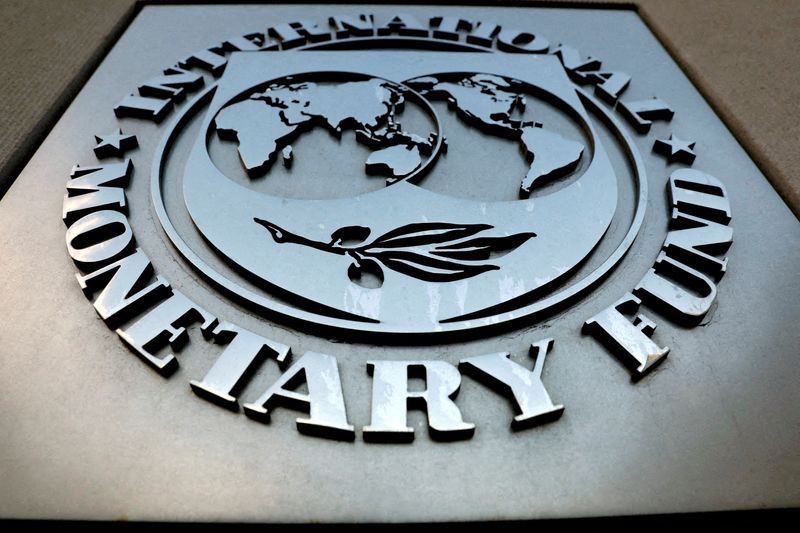MARRAKECH, Morocco (Reuters) -The International Monetary Fund said fiscal policy in Latin America and the Caribbean has been "prudent," but governments need to increase revenues as there are not many options amid elevated debt levels and high interest rates.
"In a new era of higher interest rates, and just because of the debt level being higher than in other emerging markets, the region needs to make further efforts to consolidate," said Rodrigo Valdes, director of the IMF's Western Hemisphere Department (WHD).
"There are plans, now we need a lot of discipline."
Earlier this week, the IMF raised its 2023 output growth estimate for the Latin American and Caribbean region to 2.3% from 1.9% in July, as it expected growth in Brazil and Mexico to be stronger.
In its regional outlook, published on Friday, the global lender highlighted the need to lower debt burdens while meeting social demands.
"We have to recognize that fiscal policy was very prudent, with a lot of spending but a very quick withdrawal of the spending during COVID," Valdes told Reuters in an interview in Marrakech, Morocco, where the IMF and World Bank are holding their annual meetings.
"However we had already before COVID a relatively high debt level in the region, and that continues to be the case."
The perception that interest rates will remain high for a longer period in the developed world will be a double blow for emerging markets. Investors will pull money out of the region given higher returns in less risky assets, while the cost of borrowing increases and a larger chuck of country revenues has to be used to service the debt.
"Debt in the region is relatively long term so the pass-through from higher interest (rates) to higher costs is not immediate, but eventually it will come," Valdes said.
"The world has become more complex. Climate, commodity shocks ... and therefore, it would be wise to rebuild (fiscal) policy space."

Consumer price growth has continued to decelerate across the region. With the exceptions of Venezuela and Argentina, inflation in the Latin American and Caribbean region is seen falling to 5% this year and 3.6% next, from 7.8% in 2022.
"Importantly, most inflation-targeting economies in the region are expected to see inflation converge to their target ranges by late 2024," Valdes said in a press conference in Marrakech.